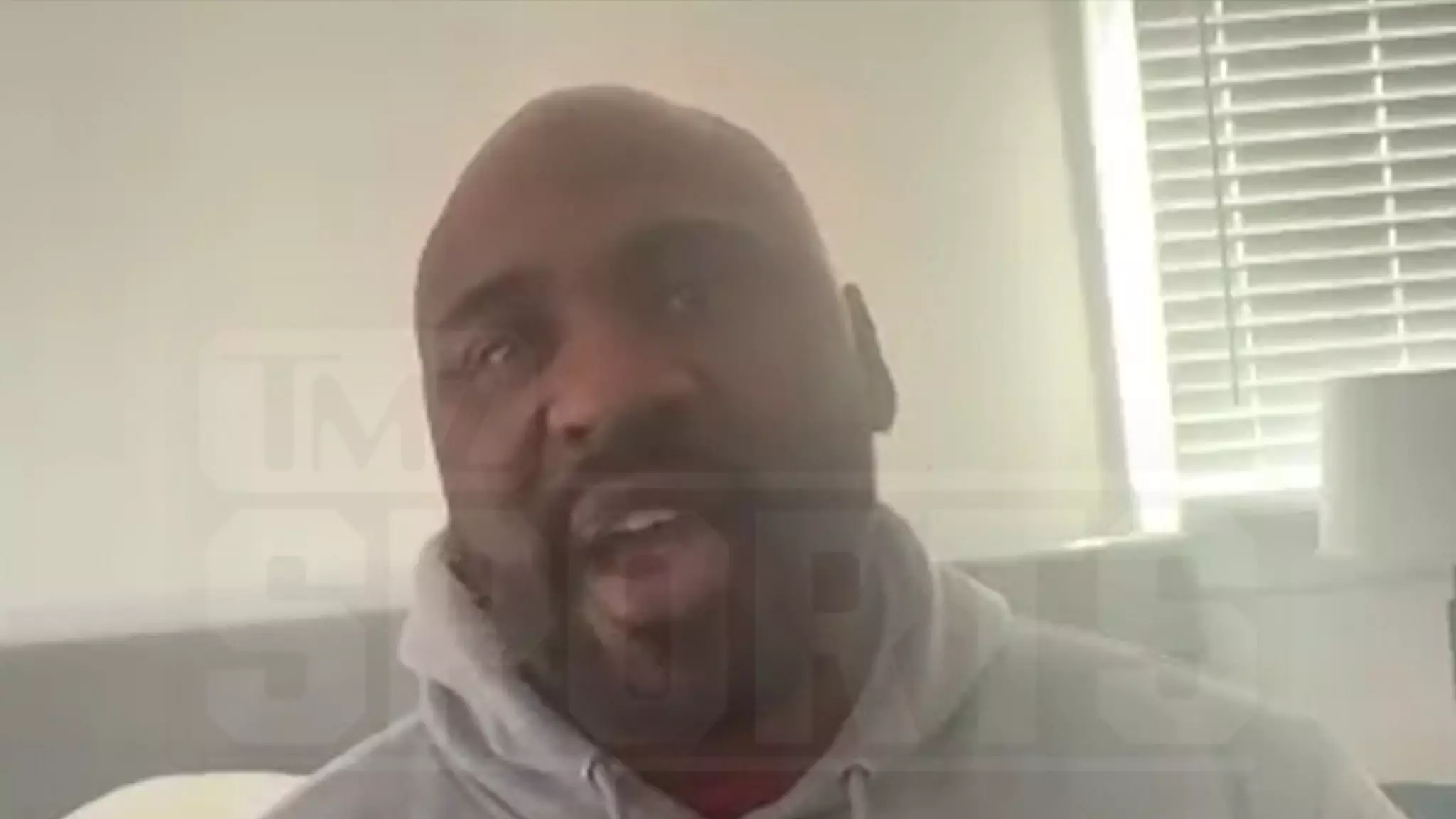The New York Giants have made a pivotal decision in retaining head coach Brian Daboll and general manager Joe Schoen as they move forward into the 2025 NFL season. While the rationale behind this choice may be met with mixed reactions from fans and analysts alike, it has garnered support from former Giants star running back Brandon Jacobs. Jacobs’ endorsement emphasizes a growing sentiment that stability is essential in professional sports, especially in a league where constant coaching turnover often contributes to failure rather than success.
Jacobs pointedly criticized the tendency of franchises to cycle through coaches every few seasons, suggesting that a more foundational approach to problem-solving is necessary. His perspective articulates a widely held belief that continuity at the leadership level can foster a more cohesive team environment. While this theory is rooted in common sense, the real challenge lies in the execution of its principles amidst the pressures of a performance-driven industry.
Jacobs’ defense of the current leadership structure is particularly noteworthy given the Giants’ unimpressive 9-25 record over the last two seasons. Critics might argue that such outcomes warrant a thorough reevaluation of the coaching staff; however, Jacobs posits that the issues plaguing the team run deeper than the coaching decisions alone. He argues for a focus on underlying systemic problems that may be disrupting team dynamics.
The former running back also pointed to Daboll’s successful first year, which culminated in a playoff berth, as evidence that a few adjustments could yield significantly better results. Such a viewpoint emphasizes the importance of context when evaluating performance metrics, suggesting that the Giants may simply need time and strategic recalibration to realize their potential.
Jacobs has proposed that the Giants should consider trading down in the upcoming NFL draft. This strategy could enable the team to acquire more assets, potentially enriching their roster with a diverse array of talent. The concept of trading down, however, necessitates a robust understanding of the draft landscape and the willingness to make tough decisions in the interest of long-term success.
Of particular concern in Jacobs’ assessment is the management of star player Saquon Barkley. The decision to let Barkley go in advance of the 2024 season is seen as a misstep, especially when juxtaposed with the investment in quarterback Daniel Jones. Jacobs believes that the resulting imbalance—where a team invests heavily in a quarterback while neglecting key offensive components—creates a hindrance to team performance and cohesion.
As the Giants look to navigate their path through the upcoming season, the challenges ahead remain formidable. The call for a cohesive vision, as advocated by Jacobs, must resonate through the organization as a whole. Balancing the retention of proven leaders with strategic roster decisions may very well define their future success or failure.
In embracing a commitment to stability, understanding the nuances of team dynamics, and making well-informed strategic choices, the Giants have the opportunity to redefine their trajectory. It is a tall order, but with patience and perseverance, the groundwork for a brighter future can certainly be laid.

